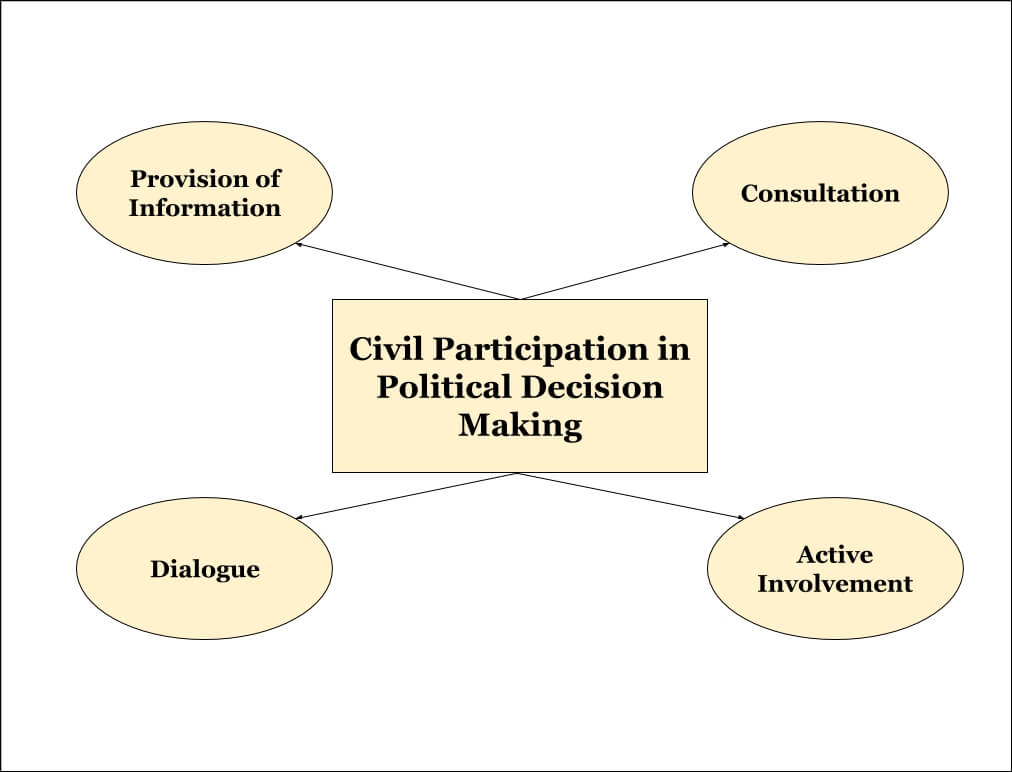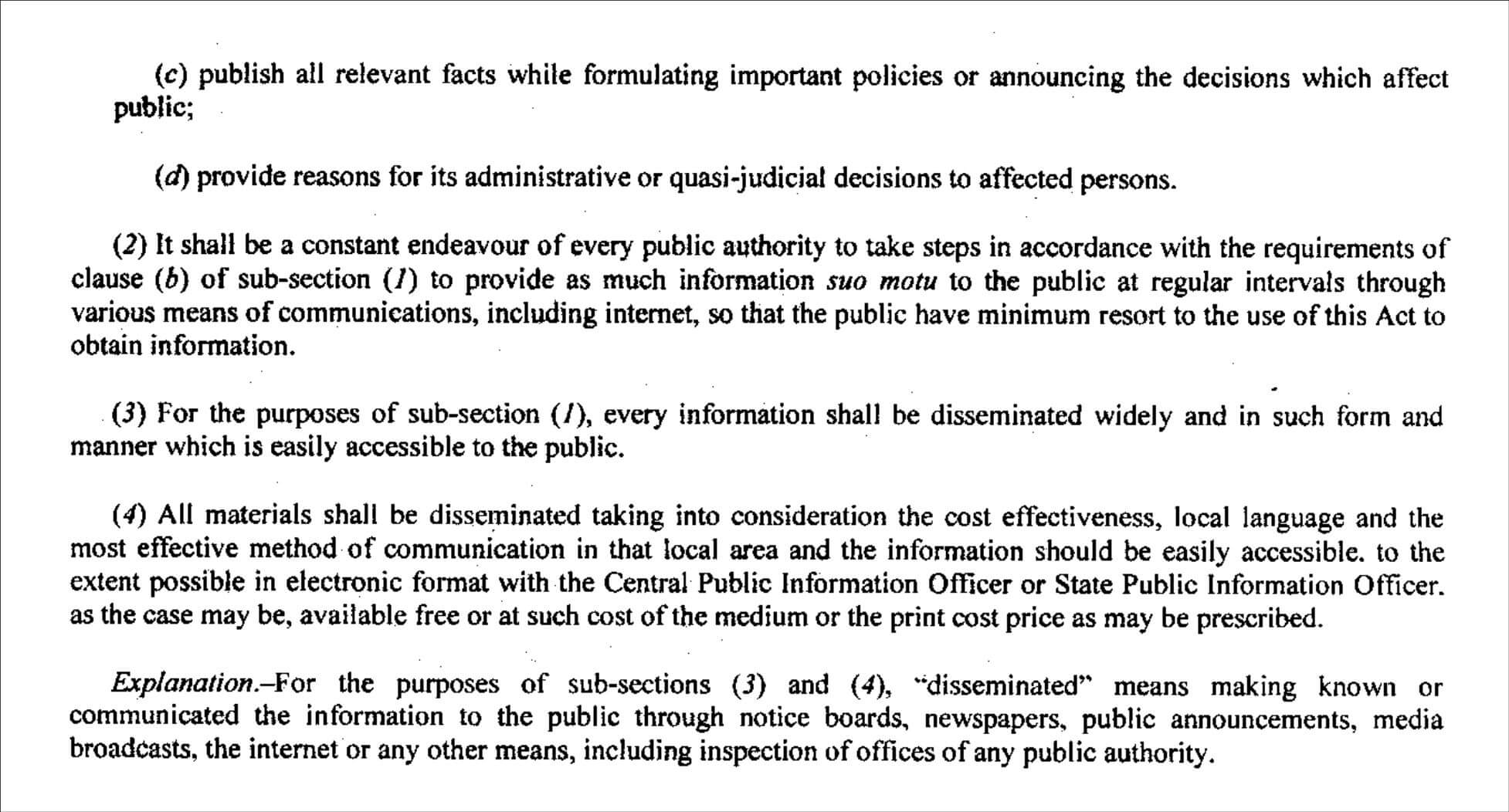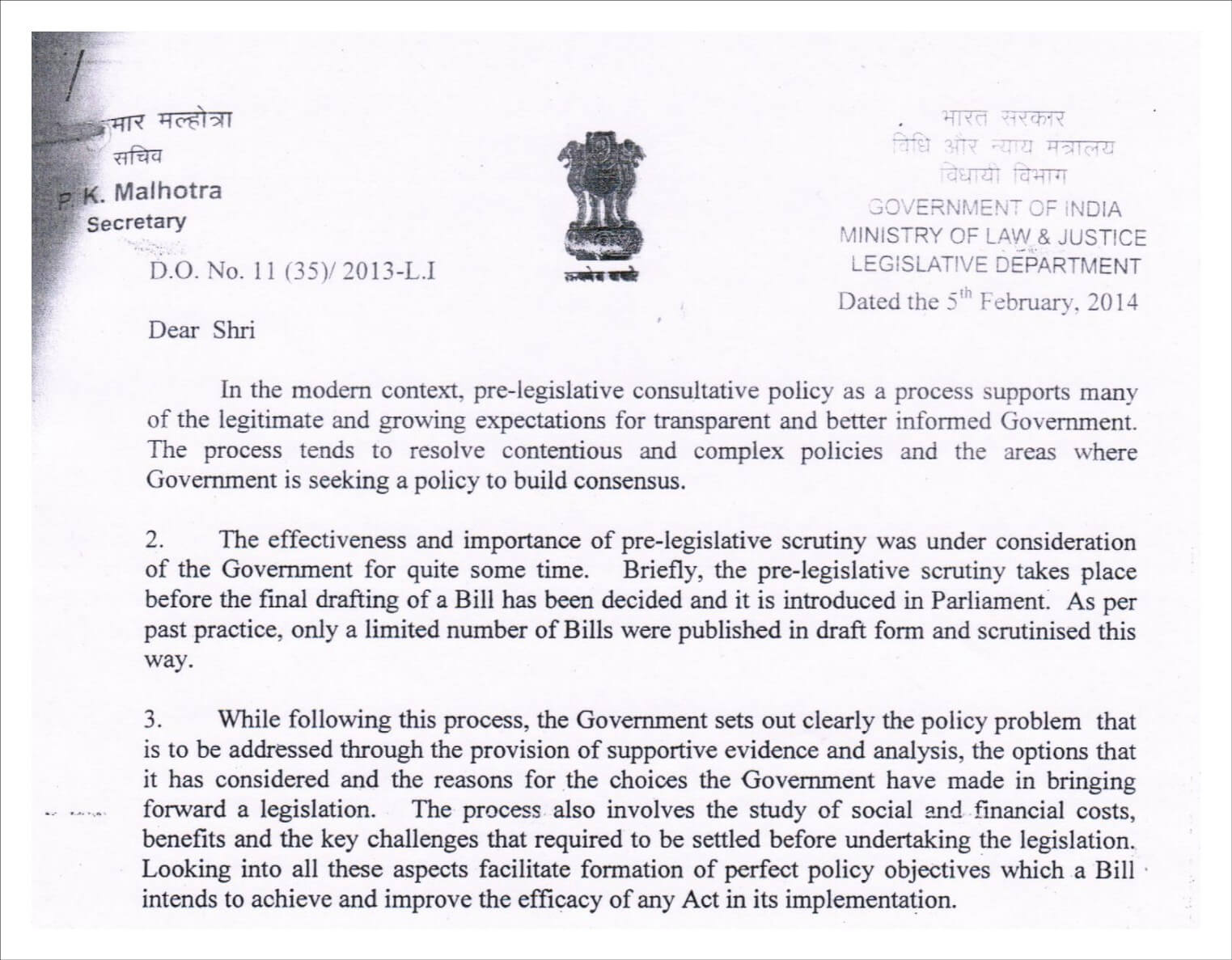Council of Europe has approved new guidelines for civil participation in political decision making. While some of the provisions in these guidelines are already contained of the Indian RTI act and other policies, the implementation is found wanting.
Participatory democracy is about the people participating in most aspects of legislative & government decision making. Though initiatives like participatory budgeting have been tried at various places across the world including Porto Alegre in Brazil and few other cities in the USA, the real essence of participatory democracy is yet to be witnessed. It is in this context that the Council of Europe’s approval to the guidelines for civil participation in political decision making assumes importance.
What is Council of Europe?
The Council of Europe (CoE) is an international organisation with 47 member states and was setup to promote democracy and protect human rights and the rule of law in Europe. This is different from the European Union. Its decisions act as guidelines for member states to come up with specific laws in certain areas. The Committee of Ministers is CoE’s statutory decision-making body and comprises the foreign ministers of all member states. It is this Committee of Ministers that approved the guidelines in its most recent meeting.
What do these guidelines say?
The introductory note of these guidelines mention participation of citizens to be at the heart of the idea of democracy. It goes onto say that participatory democracy, based on the right to seek to determine or to influence the exercise of a public authority’s powers and responsibilities, contributes to representative and direct democracy and also that the right to civil participation in political decision-making should be secured to individuals, non-governmental organisations (NGOs) and civil society at large.
There are 4 main types of civil participation outlined in these guidelines
Provision of information: At all stages of decision making, all appropriate information should be presented in clear and easily understandable language and in an appropriate and accessible format, without undue administrative obstacles and, in principle, free of charge, in accordance with open data principles. Public authorities should provide the widest possible access, both offline and online, to key documents and information without restrictions on analysis and re-use of such information.
Consultation: Views on policy should be collated as a part of official procedure from individuals, NGOs etc. through various tools, such as meetings, public hearings, focus groups, surveys, questionnaires and digital tools. Public authorities should provide publicly available feedback on the outcome of consultations, particularly information giving reasons for any decisions finally taken.
Dialogue: Dialogue is a structured, long-lasting and results-oriented process which is based on mutual interest in the exchange of opinions between public authorities, individuals, NGOs and civil society at large. Public authorities, NGOs and civil society at large may consider establishing different platforms as a permanent space for dialogue and participation. Such platforms may include regular public hearings, public forums, advisory councils or similar structures.
Active involvement: Active involvement refers to opportunities for civil participation in decision-making processes provided by public authorities to individuals, NGOs and civil society at large that extend beyond the provision of information, consultation or dialogue. It may include working groups or committees for the co-development of documents with transparent criteria and processes for the representation of individuals and NGOs.
The CoE has asked member states to adapt rules that can enable the public authorities to make use of these guidelines. It has also asked the member states to widely disseminate these guidelines and help in assessing the implementation of these guidelines.
What about India?
The Indian Right to Information Act (RTI), widely considered as one of the best in the world already has some provisions outlined in these guidelines. Section 4 of the act has provisions for publishing all the relevant facts while formulating important policies and also provides for disclosure of reasons for administrative & quasi-judicial decisions to the affected persons. It also provides for dissemination of such information in the most easily accessible formats. But in practice, these provisions are rarely implemented. Information on projects, policies in an easily understandable manner is rarely made available by governments.
In February 2014, the then UPA government came up with a pre-legislative consultation policy. The policy talks about making the draft legislations/policies available on the internet including justification, essential elements, financial implication etc. and seeking opinion of various stake holders including affected groups.
These days, it is largely being done through the internet where opinion/feedback is sought through the MyGov portal. While this is a welcome development, there is a need for sharing relevant information in greater detail, multiple formats so that the process does not exclude those who do not use the internet. Central & State Governments should also work towards providing multiple platforms/forums for consultation & dialogue beyond the internet and make the findings & submissions of such consultations public.


